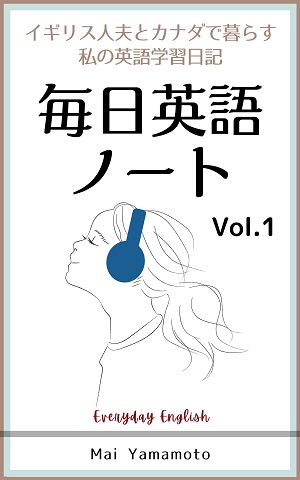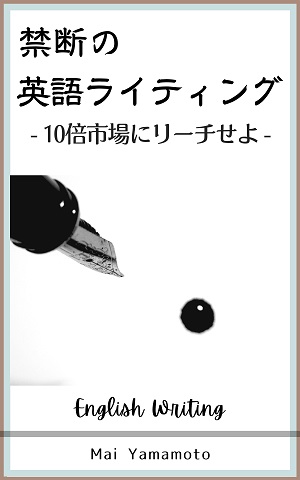How to improve your English pronunciation day2 #44
スクリプトはこちら:
Hello everyone. Thank you for tuning in. This is Mainichieigonote (everyday English note). My name is Mai, and I am the host of this channel. I usually speak Japanese in my episodes, but I started talking in English recently because I wanted to improve my English speaking skills and my pronunciation.
Last time, I talked about the things that we could do to improve our English pronunciation, but there are a couple of things I didn’t mention. So, I‘d like to share another way to train your pronunciation. Hopefully, it gives you some new ideas and inspiration for improving your English skills.
The training method which I want to introduce today is very simple. It’s just to read out aloud. If you are a Japanese person who grew up in Japan, you must have done the same thing in your Japanese lessons at school, from primary school through to junior high and high school. By reading Japanese texts aloud, we learn how to manipulate our language and how to read kanji, and also, we understand the beauty of the Japanese language.
This process can work when we are learning English. Choose your favourite text written in English and read it aloud. If you have some words that you cannot understand or you don’t know how to pronounce, look them up in the dictionary.
English text doesn’t have to be very long. You can do it with your English diary or personal essays. You just need to make sure that the text is written properly grammar-wise.
Once you understand how to pronounce all the words in the text correctly, practise reading them out repeatedly. After you are able to read smoothly, record the audio.
Reading English texts out loud and recording them, then listening to them with your own ears is a very effective pronunciation training method. Then, compare the pronunciation of the same text read by a native speaker with your recorded pronunciation.
To hear the native pronunciation, you can use the read-out function of various free translation tools. You can also use a script with native pronunciation from the beginning. You can find lots of them online very easily.
Listen carefully to the native pronunciation and your pronunciation, so that you can find out where your weaknesses are in your English pronunciation. Once you have identified your weaknesses, practise covering the gap with native pronunciation. Check the correct pronunciation with a dictionary and practise changing the position of your lips, tongue and teeth to find how you can produce the same sounds like a native speaker.
It sounds like a lot of work to do, but after you try a couple of times, you must notice that your pronunciation has been improved. It’s a very efficient way to improve your pronunciation and if you understand it’s effective, you will be motivated to practise more.
Alright, that’s all for today. Thank you for listening. I hope you enjoyed this episode. I’m always happy to receive your comments, feedback and questions. And don’t forget to visit my website, everydayenglishnote.com, where you can find today’s script.
Thank you again and I will be back to you soon. Until then, goodbye!
#英語学習 #英語勉強法 #英語初心者 #英会話 #英語の勉強 #外国語学習 #イギリス英語 #英語 #毎日配信 #語学 #海外旅行 #海外生活 #海外移住 #バイリンガル #マルチリンガル #海外在住 #カナダ #イギリス #海外





